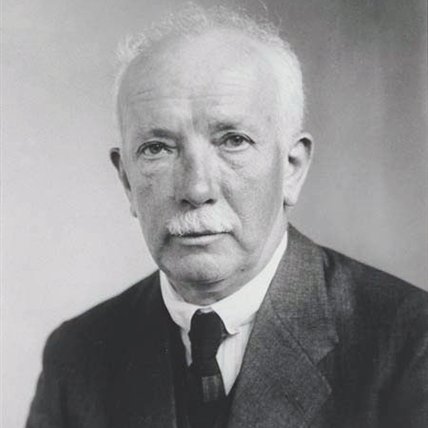
Richard Strauss
Composer
Richard Strauss (1864–1949) was a towering figure in late Romantic and early 20th-century music, renowned for his brilliant orchestration, dramatic tone poems, and powerful operas. Born in Munich, Germany, Strauss was a musical prodigy who studied composition from a young age under the guidance of his father, Franz Strauss, a prominent horn player.
Strauss gained early fame with a series of tone poems—vivid orchestral works that told stories through music. Masterpieces such as Don Juan, Also sprach Zarathustra, Till Eulenspiegel's Merry Pranks, and Ein Heldenleben showcased his command of orchestral color and structure, establishing him as a leading composer of his time.
In opera, Strauss made a profound impact with works like Salome (1905) and Elektra (1909), which pushed the boundaries of harmony and psychological intensity. His later operas, including Der Rosenkavalier (1911) and Ariadne auf Naxos (1912), combined lush Romanticism with elegant wit and were widely celebrated.
As a conductor, Strauss held prominent posts across Europe and was respected for his interpretations of both his own works and the broader classical repertoire. His career spanned a turbulent period in European history, including both World Wars, during which he held controversial positions, though he always maintained his primary devotion to music.
Richard Strauss’s influence on orchestral and operatic music is profound. His works continue to be performed worldwide for their emotional power, technical brilliance, and enduring beauty. He remains one of the most important composers bridging the Romantic and modern eras.
